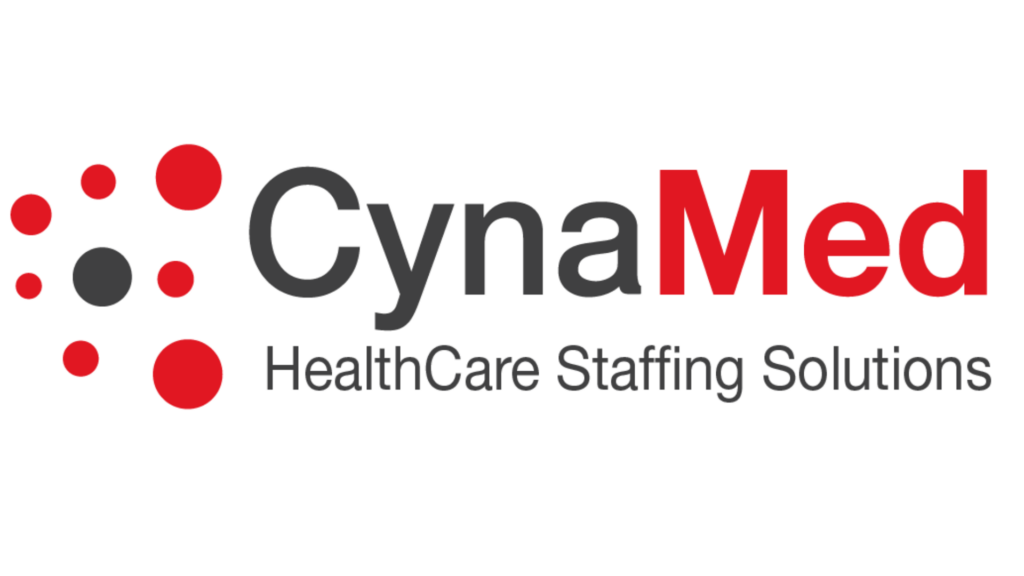There are four main nursing levels. The hierarchy, in order from lowest to highest, consists of
- Certified Nursing Assistant (CNA)
- Licensed Practical Nurse (LPN)
- Registered Nurse (RN)
- Advanced Practice Registered Nurses (APRNs)
The jobs associated with each nursing license have different responsibilities, job duties, and education requirements. Let’s take a closer look at the requirements for each level of nursing degrees.
Certified Nursing Assistant (CNA)
CNAs make up the lowest level of the nursing hierarchy, but many move up to higher levels after getting valuable experience in this position. Their responsibilities include being the contact between the medical staff and patients, helping patients complete daily tasks (bathing, eating, etc.), taking vital signs, and giving medication.
To become a CNA, you must first obtain a high school diploma and then complete a state-approved CNA program. These training programs take three to eight weeks and consist of workplace training, classes, and clinical practice. Lastly, you must pass an exam to become state-certified.
Licensed Practical Nurse (LPN)
LPNs hold the next highest ranking. To sum up, job duties include monitoring patient health, providing basic care, communicating with and educating patients and families, and performing basic medical procedures.
To become an LPN, you must acquire a high school diploma and complete a Practical Nursing Diploma program. These programs often take around 12 months and are usually found at vocational schools and community colleges. After completing the program, you must pass the National Council Licensure Examination (NCLEX-PN) to qualify for the job. You can even obtain specific certification to receive specialty training such as pharmacology, long-term care, childbirth, and developmental disabilities.
Registered Nurse (RN)
RNs make up the second-highest of the basic levels of nursing degrees. They often oversee LPNs, CNAs, and other staff. Responsibilities of the job include consulting with the healthcare team and doctors, updating patient medical history, and monitoring medical equipment. They can also specialize in specific patient groups like psychiatric or pediatric nursing or step outside of direct patient care by helping with blood drives or screenings.
RNs start their career by obtaining a high school diploma and then earning an Associate’s Degree in Nursing (ADN) or Bachelor’s of Science in Nursing (BSN). ADN programs take two years, while BSN programs take four years to complete. BSN degrees provide a more well-rounded education focused on critical thinking, as most of these programs require more gen-eds. They are often more expensive than an ADN.
ADN degrees provide a more focused but less broad education. Some employers prefer RNs with BSNs, but either can lead to a successful career as an RN. Either path will require potential RNs to pass the National Council Licensure Examination (NCLEX-RN), which is similar to the NCLEX-PN but more in-depth and focused on decision making and independence.
Advanced Practice Registered Nurses (APRNs)
APRN is the highest position within these levels of nursing. They provide all the care that an RN would give and more complicated duties such as diagnosing and testing for illnesses. There are four main types of APRNs: certified nurse practitioners, clinical nurse specialists, nurse anesthetists, and nurse-midwives. They can work independently or with physicians.
Prospective APRNs will need to acquire an RN nursing license first with at least one year of experience. Most employers prefer that you obtain the RN license through a BSN degree. Next, you must complete a Master’s of Science in Nursing degree. If you choose a specialty to learn, there may be additional education requirements. At the end of your studies, you will need to pass a national certification exam.
At CynaMed, our goal is to help nurses and future nurses. To learn more about each of the nursing levels, visit CynaMed. There, you will find nursing career information, advice, and resources.






